
Konrad Hermann Joseph Adenauer was a German statesman who served as the first chancellor of the Federal Republic of Germany from 1949 to 1963. From 1946 to 1966, he was the first leader of the Christian Democratic Union (CDU), a newly-founded Christian-democratic party, which became the dominant force in the country under his leadership.

Gustav Walter Heinemann was a German politician who was President of West Germany from 1969 to 1974. He served as mayor of Essen from 1946 to 1949, West German Minister of the Interior from 1949 to 1950, and Minister of Justice from 1966 to 1969.

Hjalmar Schacht was a German economist, banker, politician, and co-founder of the German Democratic Party. He served as the Currency Commissioner and President of the Reichsbank under the Weimar Republic. He was a fierce critic of his country's post-World War I reparations obligations. He was also central in helping create the group of German industrialists and landowners that pushed Hindenburg to appoint the first NSDAP-led government.

Hans Josef Maria Globke was a German administrative lawyer, who worked in the Prussian and Reich Ministry of the Interior in the Reich, during the Weimar Republic and the time of National Socialism and was later the Under-Secretary of State and Chief of Staff of the German Chancellery in West Germany from 28 October 1953 to 15 October 1963 under Chancellor Konrad Adenauer. He is the most prominent example of the continuity of the administrative elites between Nazi Germany and the early West Germany.

The Deutscher Werkbund is a German association of artists, architects, designers and industrialists established in 1907. The Werkbund became an important element in the development of modern architecture and industrial design, particularly in the later creation of the Bauhaus school of design. Its initial purpose was to establish a partnership of product manufacturers with design professionals to improve the competitiveness of German companies in global markets. The Werkbund was less an artistic movement than a state-sponsored effort to integrate traditional crafts and industrial mass production techniques, to put Germany on a competitive footing with England and the United States. Its motto Vom Sofakissen zum Städtebau indicates its range of interest.
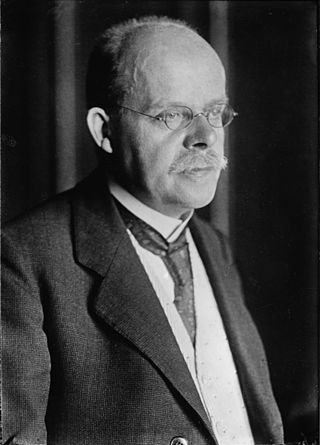
Wilhelm Marx was a German judge, politician and member of the Catholic Centre Party. During the Weimar Republic he was the chancellor of Germany twice, from 1923–1925 and 1926–1928, and served briefly as the minister president of Prussia in 1925. With a total of 3 years and 73 days, he was the longest-serving chancellor during the Weimar Republic.
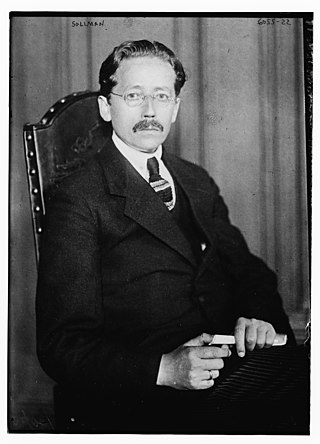
Friedrich Wilhelm Sollmann, later William Frederick Sollmann was a German journalist, politician, and interior minister of the Weimar Republic. In 1919, he was on the staff of the German delegation that was to receive the Treaty of Versailles. In 1933, he emigrated and eventually moved to the United States where he became an advocate for the peaceful resolution of conflicts.
The Adolf Hitler Fund of German Trade and Industry was a donation from the German employers' association and the "Reichsverband" of German industry, which was established on June 1, 1933, to support the NSDAP. It was named after the Führer of the NSDAP Adolf Hitler and was meant for the "national reconstruction".
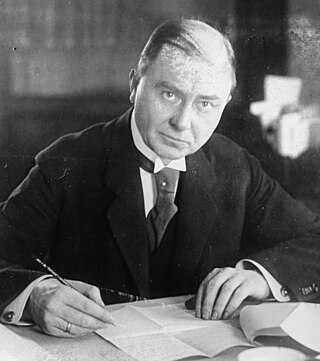
Karl Jarres was a German lawyer and politician of the German People's Party during the Weimar Republic. From 1923 to 1924, he was the minister of the Interior and vice-chancellor of Germany. Jarres was also the long-serving mayor of Duisburg from 1914 to 1933. After the Nazis deposed him, he started a career in industry.
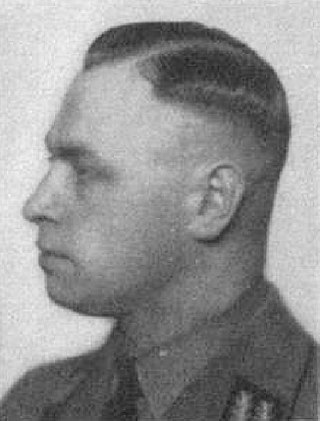
Josef Grohé was a German Nazi Party official. He was the long-serving Gauleiter of Gau Cologne-Aachen and Reichskommissar for Belgium and Northern France toward the end of the Second World War.

The Secret Meeting of 20 February 1933 was a secret meeting held by Adolf Hitler and 20 to 25 industrialists at the official residence of the President of the Reichstag Hermann Göring in Berlin. Its purpose was to raise funds for the election campaign of the Nazi Party.

Gottfried Reinhold Treviranus was a German politician from the Conservative People's Party and a Reichsminister in both of Chancellor Heinrich Brüning's cabinets. In the first he was Minister for the Occupied Territories and then Minister without Portfolio ; in the second, he served as Minister of Transport.

The Prussian State Council was the second chamber of the bicameral legislature of the Free State of Prussia between 1921 and 1933; the first chamber was the Prussian Landtag. The members of the State Council were elected by the provincial parliaments and gave the provinces of Prussia a voice in the legislative process. The Council had an indirect right to introduce legislation, could object to bills passed by the Reichstag and had to approve expenditures that exceeded the budget.
Vollrath von Maltzan Freiherr von Wartenberg und Penzlin was West German ambassador to France from 1955 to 1958.
Hans Friedrich Wilhem Ernst von Raumer was a German politician of the German People's Party (DVP). He served as minister in two governments of the Weimar Republic and was also active as a representative of German industry.

Most German chancellors have been followers of a Christian church. German society has been affected by a Catholic-Protestant divide since the Protestant Reformation, and the same effect is visible in this list of German chancellors. It is largely dominated by Catholics and Protestants as these remain the main confessions in the country.
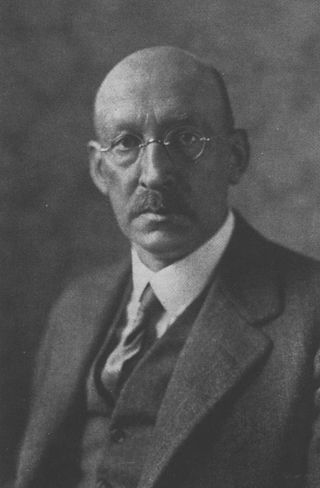
Carl Albert Ernst Poensgen was a German entrepreneur and patron of the city of Düsseldorf.
Peter Klöckner was a German businessman and industrialist.

Ludwig Theodor Ferdinand Max Wallraf was a German politician who served as mayor of Cologne from 1907 to 1917. He was State Minister of the Interior from 1917 to 1918. As a German National People's Party politician, he was a member of the Reichstag from 1924 to 1930 and briefly served as its President in 1924/25.
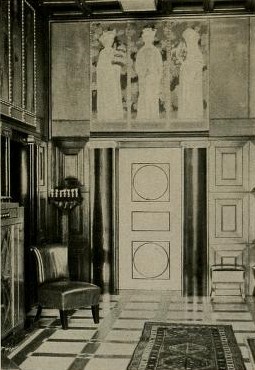
Max Meirowsky was a German-Jewish industrialist and art collector persecuted by the Nazis.
This page is based on this
Wikipedia article Text is available under the
CC BY-SA 4.0 license; additional terms may apply.
Images, videos and audio are available under their respective licenses.
















